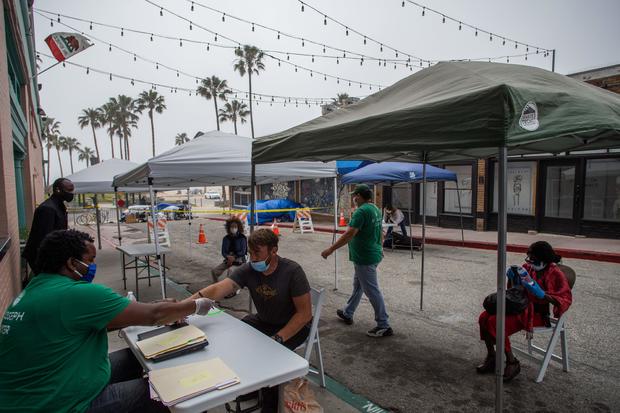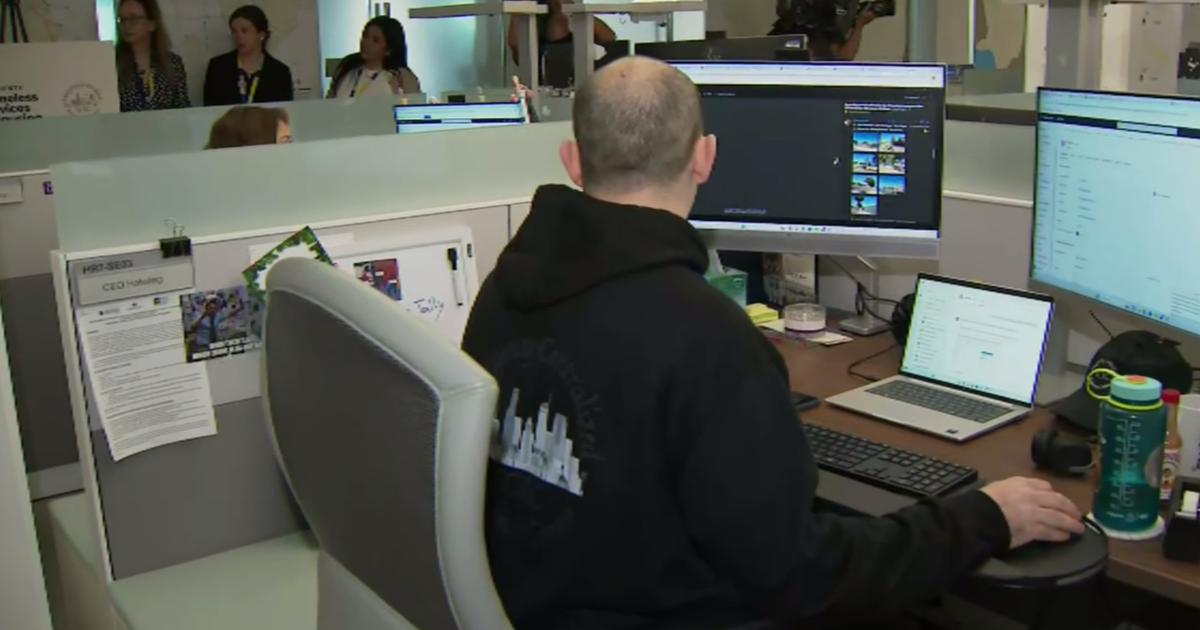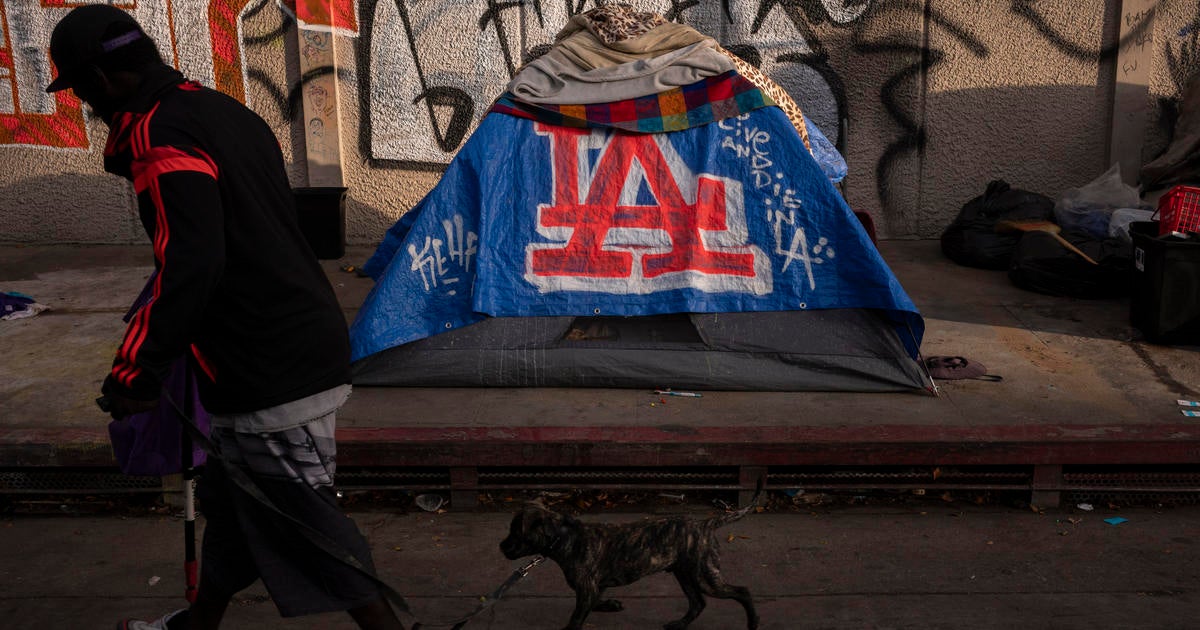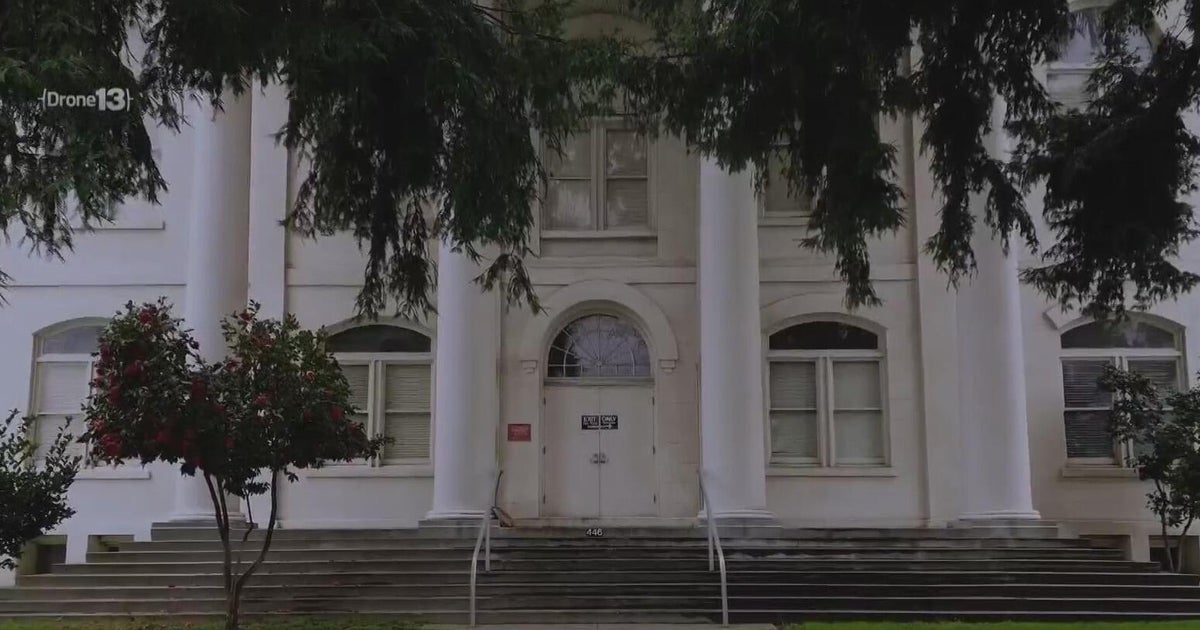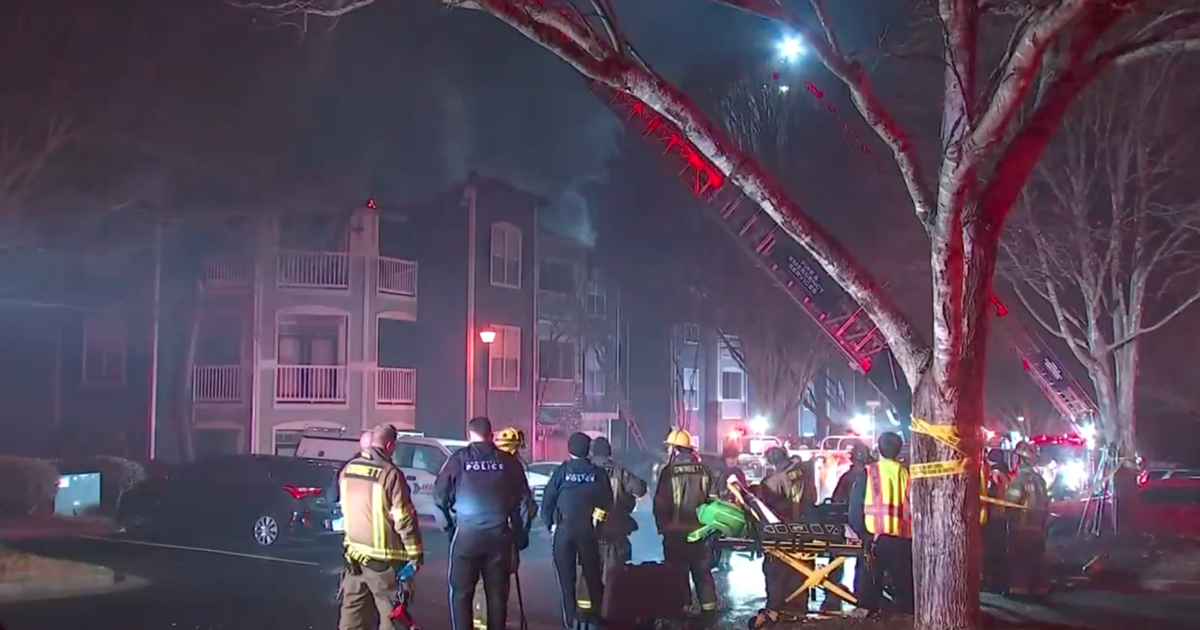Project Roomkey Fell Short Of Expectations In LA County, Experts Say
LOS ANGELES (CBSLA) – California's Project Roomkey was billed as a way to stop the spread of COVID-19 amongst the vulnerable homeless population and find them permanent housing.
However, as the program winds down, CBS2's Kristine Lazar has found that more than 1,200 L.A. County residents who took part in it are still waiting for permanent housing, leading some experts to say the program fell short of its lofty expectations.
More than 9,000 Los Angeles County homeless residents took part in Project Roomkey since its inception in April of 2020. The goal was to find those people permanent housing while they stayed isolated in unused hotel rooms.
In 2018, Lisa Styles' husband of 43 years passed away. She lost his income, and eventually, the home they shared, despite the fact she had a full-time job in healthcare.
"People think that because you have a job, you ought to be able to afford a place to live and pay your bills, and that's not always the case,' Styles said.
When the pandemic hit, Styles was living in a shelter. L.A. County offered her a safer place to stay, through Project Roomkey. Since July of 2020, she's lived in a room at the L.A. Grand Hotel Downtown.
In order to enter the program, Styles had to agree to isolate. None of her kids or grandkids could come into the hotel. However, she says the payoff seemed worth it. She was promised permanent housing when she left. However, she's been at the hotel now for over 400 days.
"I get up and I go to work, and I soldier on, but at the end of the day, you toss and turn just wondering what's going to happen," Styles said.
According to L.A. County, although the goal was initially to bring 15,000 people through Project Roomkey, only 9,118 people have used it. And only 2,474 of those have been placed into permanent housing. 3,388 were instead placed into interim housing. About 900 have chosen to return to the streets.
"I think often times our ambition, and I am using a collective our, our ambitions are ahead of where reality is," said Mike Arnold, CEO of the Midnight Mission of Skid Row.
Arnold said 27 of his shelter's residents went into Project Roomkey. Five remain.
"One of the tools that we used and helped convince people that this was a great thing was that there was a commitment that they would get permanent housing before they would come back to a shelter environment," Arnold said.
Project Roomkey was slated to end this week. The county says 1,226 program participants are still living in hotel rooms.
The L.A. Homeless Services Authority (LAHSA) has said the program will be extended through the end of the year.
"So FEMA has said that we can go through the end of December, and they'll reimburse the cost through December, so most of our programs will be extended so that we can be smart in how we phase out these sites," LAHSA Executive Director Heidi Marston said. "We don't want to close all of them at the same time."
The social services organization The People Concern was one of the original providers of two Project Roomkey sites. However, the group pulled out of the program after just four months.
"The question that we always ask ourselves is, 'What is the exit strategy?'" The People Concern CEO John Maceri told CBS2. "And our goal is always to get people permanently housed. And so the efforts of PRK, I think, were noble, and successful in moving people indoors. We were always asking the question, 'What's next?'"
Marston says those who don't find permanent housing will be moved to temporary sites, like shelters.
"We have nowhere near the amount of available and affordable housing, not just in Project Roomkey, just at large," Marston said.
Ronald Simpson was part of Project Roomkey for 13 months. He did find permanent housing, but he says the program was inadequate when it came to mental health services for residents.
"When I was there, if I am not mistaken, there were 12 people who died, and the majority was overdose," Simpson said. "They would be in their room, dead on their bed, with a needle in their arm."
L.A. County confirms that 91 people died while in the program.
One man still living at the L.A. Grand Hotel downtown told CBS2 he too has not found permanent housing, but he remains hopeful.
"I look at this place as a Godsend. It took me off the street and gave me three meals a day," he says. "And the only thing I told them when I got here is that I don't want to leave the same way I came, which is homeless."
L.A. County recently received 7,000 vouchers for permanent housing from the federal government. The issue is finding enough apartments that will accept those vouchers.
Marston notes the percentage of people leaving Project Roomkey for permanent housing is three to four times higher than through the shelter system.
Meanwhile, California recently launched Project Homekey, the goal of which is to buy up some of the hotels being used for Project Roomkey, and other vacant properties, and convert them into permanent housing. The goal is to create 14,000 permanent units.
